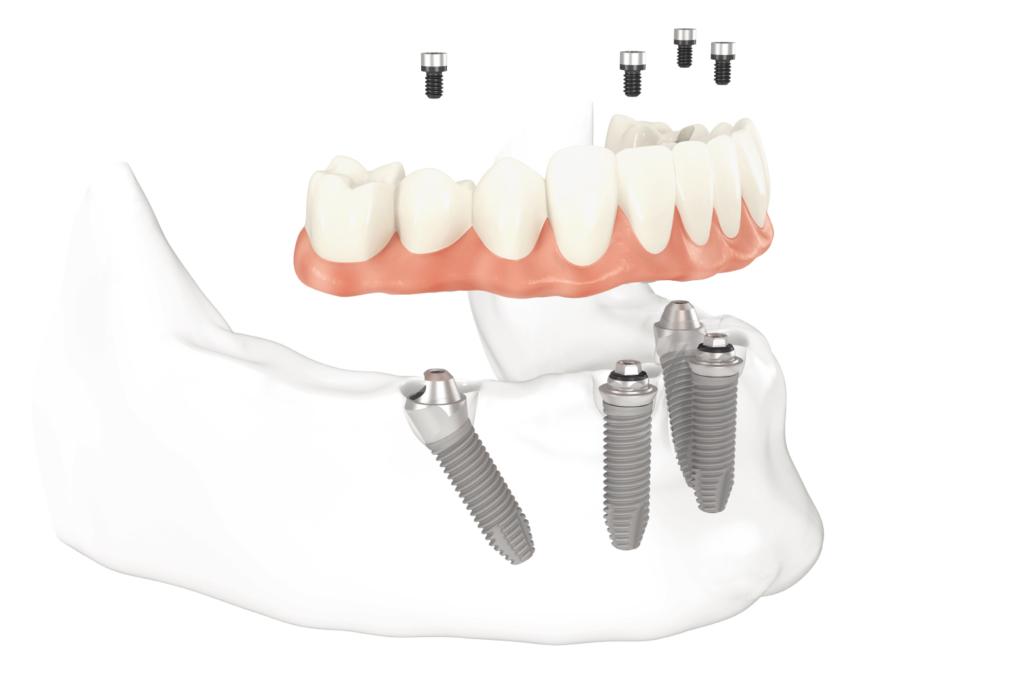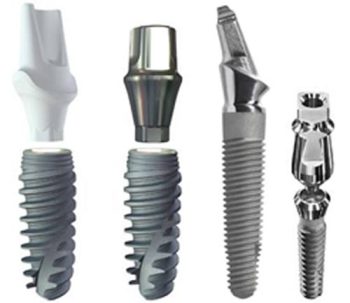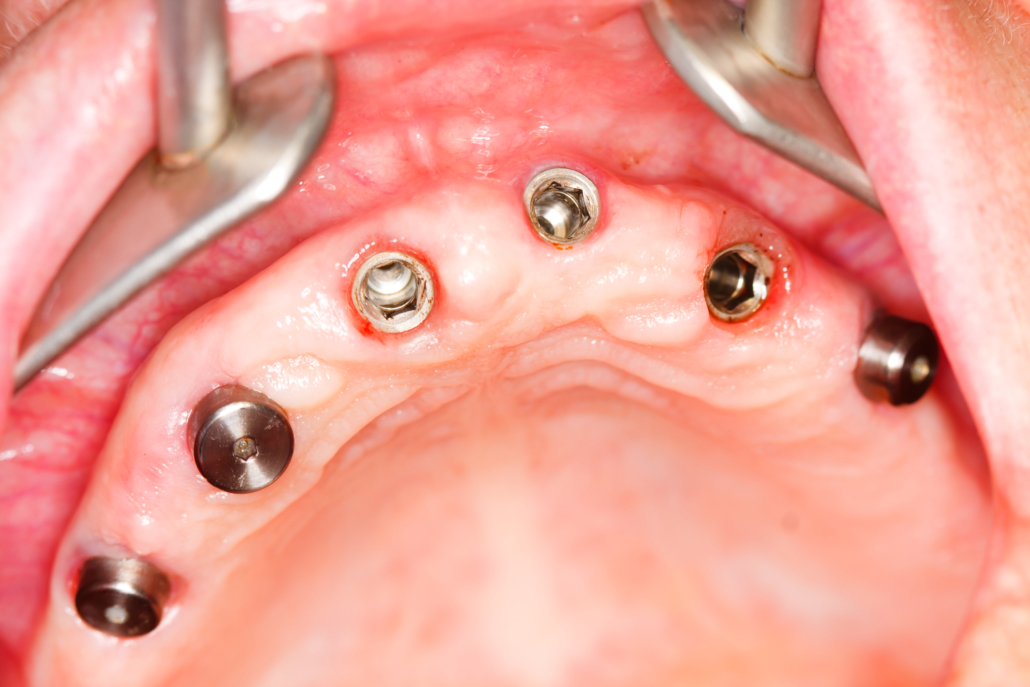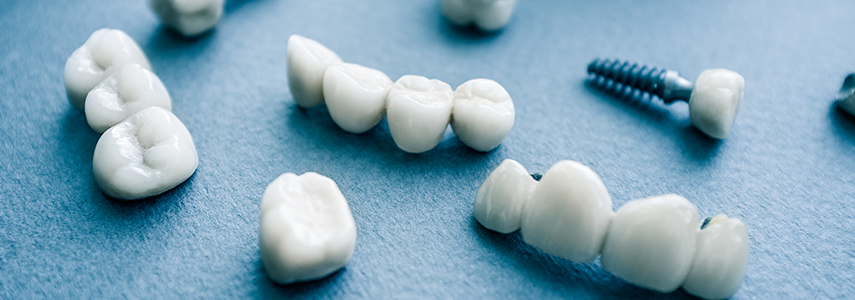The survival of dental implants is a question that is always very close to the patient’s heart and in fact one of the questions we are often asked is: “How long do dental implants last?”.
In the last ten years, implantology has made enormous steps forward in terms of innovative tools and techniques, in fact today we no longer even speak of oral surgery, but of dynamic computer guided implantology, with minimally invasive interventions and without trauma for the patient.
Studies on the survival of implants have so far focused on a period of time that does not exceed 10 years, but experience in the dental field tells us that implants last up to 15 or 20 years.

Implant Survival: What Do We Know?
Given the enormous progress in the dental field, some researchers are starting to focus on follow-ups beyond 10 years, to evaluate all the biological and technical conditions of dental implants that are more than 10 years old, just to know more in depth what the long-term implant survival rate.
In a study published in the Journal of Oral Rehabilitation of January 2020, the researchers carried out an analysis on the conditions of the implants in a period of time between 9 and 15 years from the implant surgery.
Survival rates after 15 years
To understand what was the survival rate of the implants and the complications that arose over time, the researchers evaluated 376 patients from a Swedish dental clinic who had undergone implant surgery between 1999 and 2005, for a total of 1095 dental implants inserted.
The evaluations were carried out on the basis of digital clinical records – in which all the monitoring phases were recorded over the years – and on a follow-up clinical examination 9 and 15 years after the insertion of the implants.

The results emerged
- From the analysis of the clinical cases taken into consideration, the survival rate of the implants 15 years later is 82.6%.
- The biological complications recorded were equal to 52%.
- Technical complications were 32%.
- The set of complications registered were 763.
- 65% of the patients included in the research reported at least one complication within 15 years.
Loss of dental implants has occurred more frequently in patients with severe periodontitis, while in patients who have experienced cases of peri-implantitis, the main cause has been indicated in smoking.
Smoking therefore stands as a significant risk indicator for those who undergo implantology.
How to improve implant survival rates?

As has emerged from the research, technical complications in implantology are increasingly rare, while there are risk factors that the patient must be aware of.
Neglected oral hygiene or smoking can affect the survival of dental implants, so after the implant surgery the planning of check-ups and constant monitoring of oral health become fundamental actions to avoid complications and lose the implants.
Likewise, following the dentist’s advice and maintaining a healthy lifestyle certainly increases the survival rate of the dental implant.
















